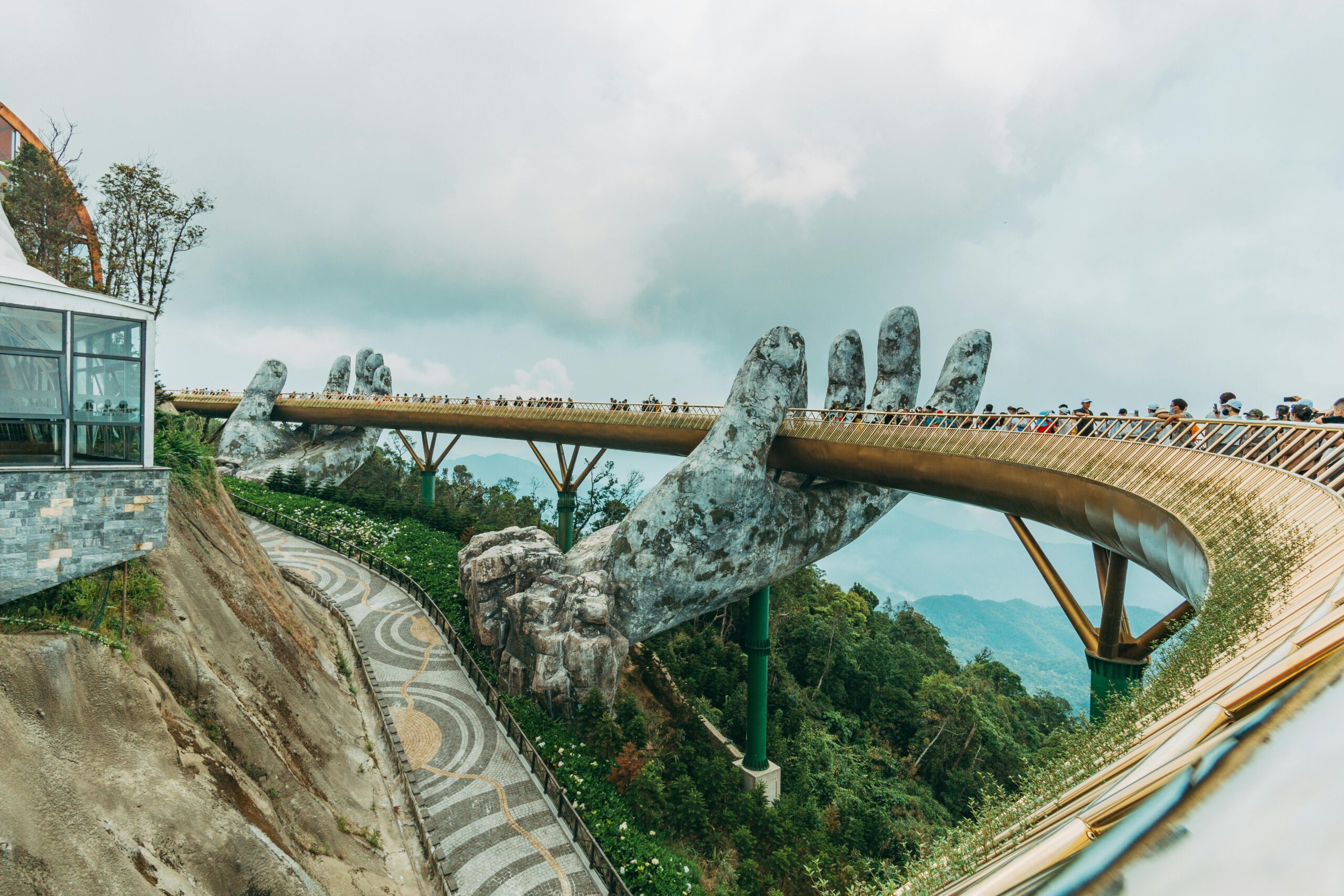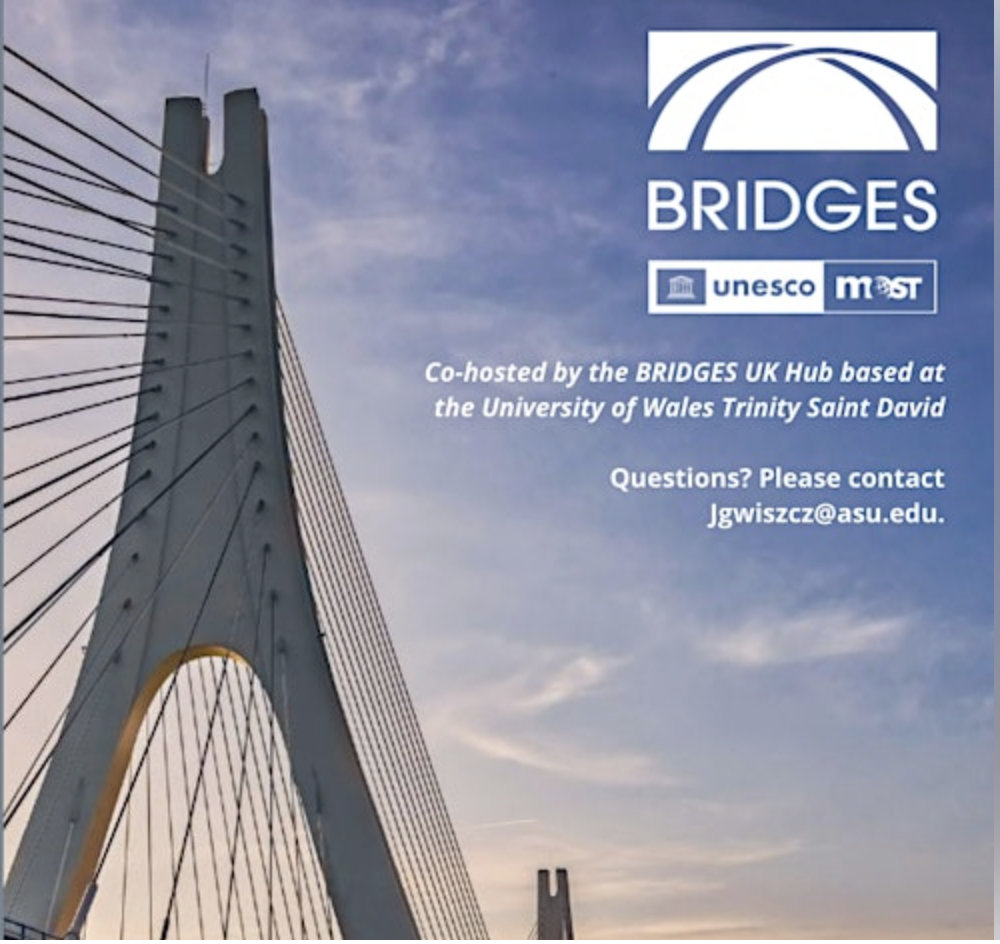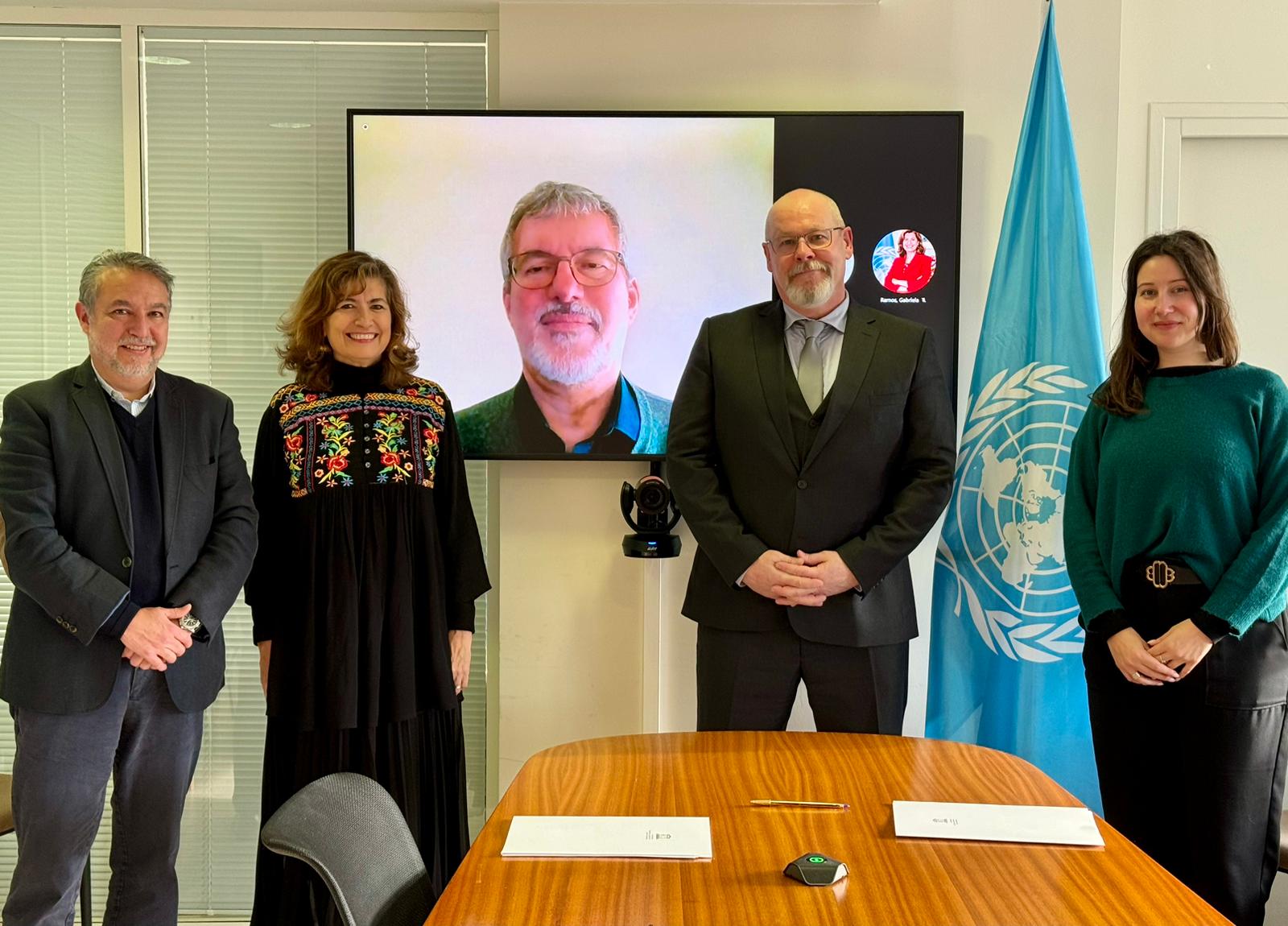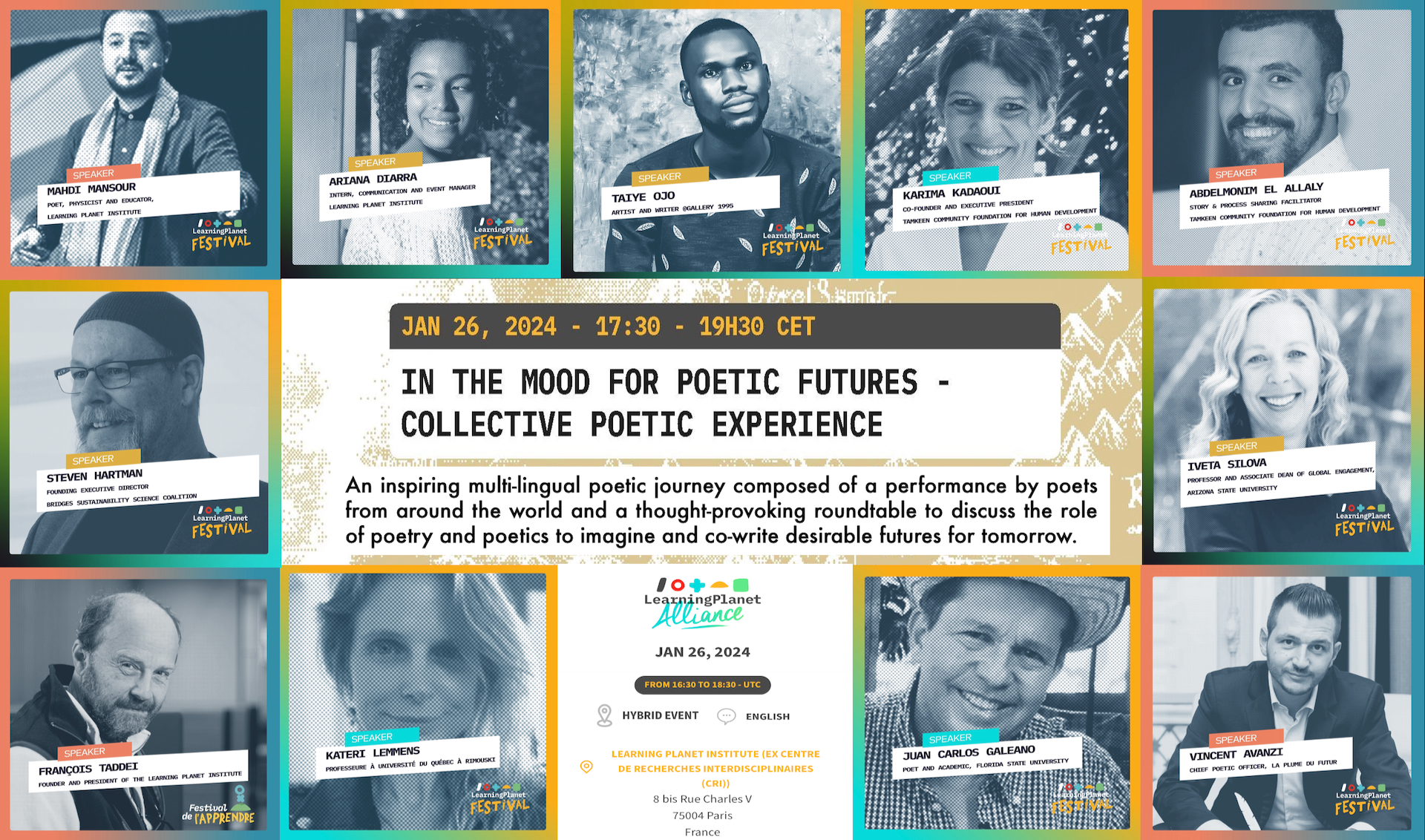How can indigenous knowledge and environmental science work together?
Múnekañ Masha (‘let it be (re)born’) is a transdisciplinary, collaborative, ecological restoration project, endorsed by the UNESCO BRIDGES Coalition.
The project supports its indigenous partners, the Kogi people, to influence land management methods by disseminating their techniques to a wider audience. This ground-breaking project is a joint venture of the Kogi Mamas (spiritual leaders) and non-indigenous scientists. They are working to share their knowledge-systems at a specially-chosen location in the north face of the Sierra Nevada de Santa Marta in Colombia where the Mamas will work to revive damaged and desiccated ancestral land.
Bringing indigenous knowledge and “mainstream” science together aims at creating better and more inclusive solutions to face the climate emergency. More than that, it aims at bridging the gap between two different knowledge systems and to challenge the notion of “who is the expert” in land management and environmental conservation.
Múnekan Masha intends to put Kogi indigenous ecological practices and natural scientific conservation into dialogue, supported and mediated by anthropological expertise, to jointly identify, assess, and regenerate degraded pieces of land, in particular dried water sources.
The title “Munekan Masha” follows the Kogi premise that their ancestral territory is a living, conscious entity that guides its own regeneration, constituting forces that humans need to allow to be (re-)born.
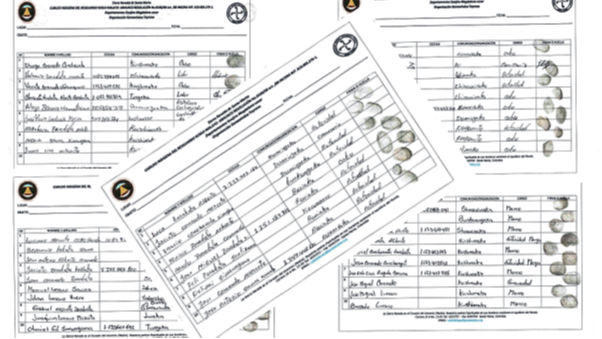
Project aims
The overall aim is to develop an intercultural and transdisciplinary sustainability model based on knowledge exchange and mutual understanding that, although emerging from a specific context, can be replicated in other situations, places and communities.
More specifically, the aims of this project are to assist the Kogi indigenous people to teach a group of academics how to restore degraded land in the Sierra Nevada de Santa Marta, Colombia using indigenous knowledge and methods collaboratively. By documenting Kogi methods, monitoring environmental changes and facilitating dialogue between indigenous and environmental science practitioners, the project will be able to integrate knowledge systems and generate inclusive sustainable models for ecosystem health and land management. The project’s wider significance will be to demonstrate that indigenous knowledge can usefully inform environmental interventions and produce alternative, culturally sensitive outcomes if included.
Partners
How you can help
This is a 3-year project which will include first buying the land for the OGT on which the project will be based. It will be necessary to purchase the chosen lands so that the Kogi can restore the environmental damage done by cattle farming and other human interventions.
Donate here.

